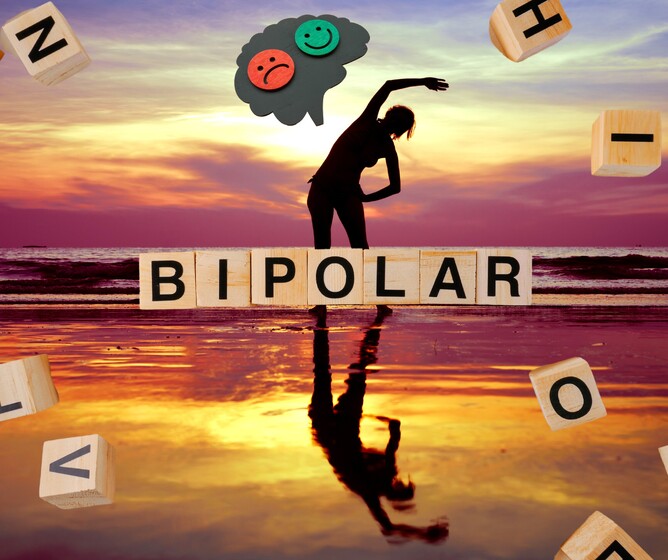Exercise and Mood Stabilization in Bipolar Disorder
Bipolar disorder is a mental health condition that causes extreme mood swings, ranging from mania (feeling very energetic and happy) to depression (feeling very low and sad). These mood swings can be very disruptive to a person's life.
Exercise is a well-known treatment for many mental health conditions, including bipolar disorder. Exercise has been shown to improve mood, reduce symptoms of depression, and increase energy levels. It can also help to improve sleep quality and self-esteem.
How Exercise Can Help Stabilize Mood in Bipolar Disorder
There are a number of ways that exercise can help to stabilize mood in bipolar disorder.
Exercise releases endorphins. Endorphins are chemicals in the brain that have mood-boosting effects. When you exercise, your body releases endorphins, which can help to improve your mood and reduce symptoms of depression.
Exercise can help to reduce stress. Stress is a major trigger for mood swings in bipolar disorder. Exercise can help to reduce stress levels by releasing endorphins and promoting relaxation.
Exercise can improve sleep quality. Poor sleep is another major trigger for mood swings in bipolar disorder. Exercise can help to improve sleep quality by tiring you out physically and mentally.
Exercise can increase self-esteem. Regular exercise can help to improve your self-esteem and body image. This can be helpful for people with bipolar disorder, who may experience low self-esteem during depressive episodes.
Tips for Getting Started with Exercise if You Have Bipolar Disorder
If you have bipolar disorder and you're interested in starting an exercise program, there are a few things to keep in mind.
Start slowly and gradually increase the intensity and duration of your workouts. It's important to listen to your body and avoid overdoing it.
Find an activity that you enjoy. You're more likely to stick with an exercise program if you enjoy the activity you're doing.
Set realistic goals. Don't try to do too much too soon. Start with small goals and gradually increase them as you get stronger and fitter.
Talk to your doctor before starting any new exercise program. This is especially important if you have any health conditions.
Find a workout buddy. Exercising with a friend or family member can help you stay motivated.
Conclusion
Exercise is a safe and effective way to help stabilize mood in bipolar disorder. If you're struggling with bipolar disorder, talk to your doctor about whether exercise is right for you. With a little planning and effort, you can find an exercise program that you enjoy and that helps you to feel your best.
At Holistic Strength, we're committed to supporting individuals with bipolar disorder in embracing a balanced and holistic approach to health, encompassing mind, body, and spirit. If you're living with bipolar disorder and looking to incorporate exercise into your treatment plan, we're here to help. Contact us today to learn more about our exercise physiology and holistic health services and how we can support you on your path to wellness.
